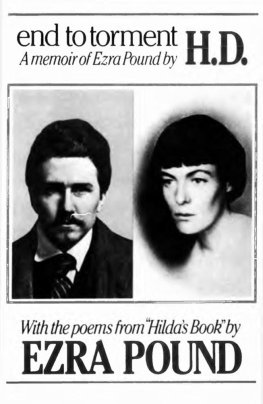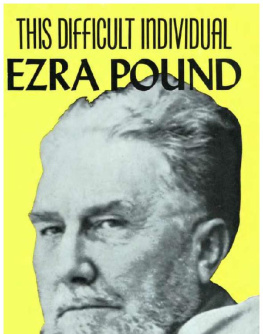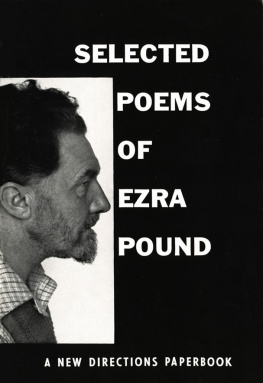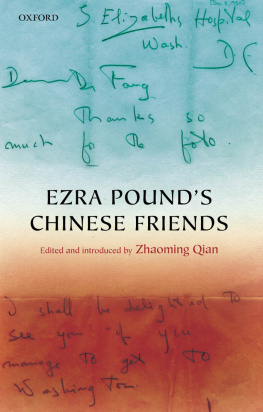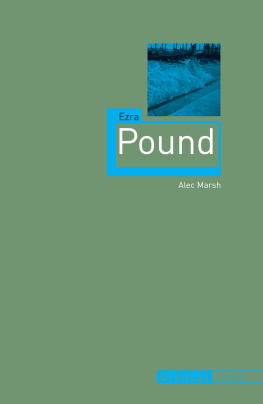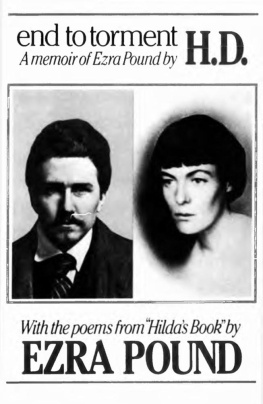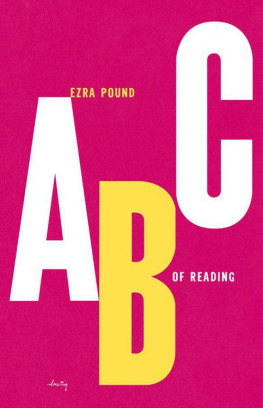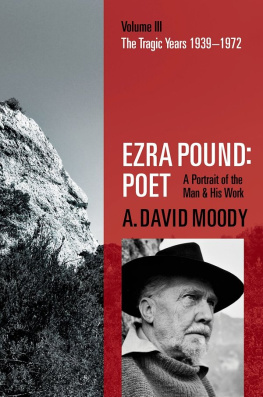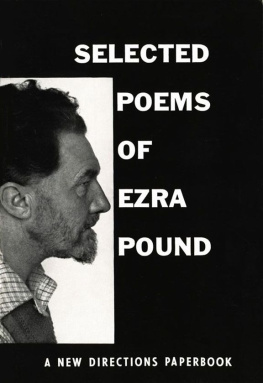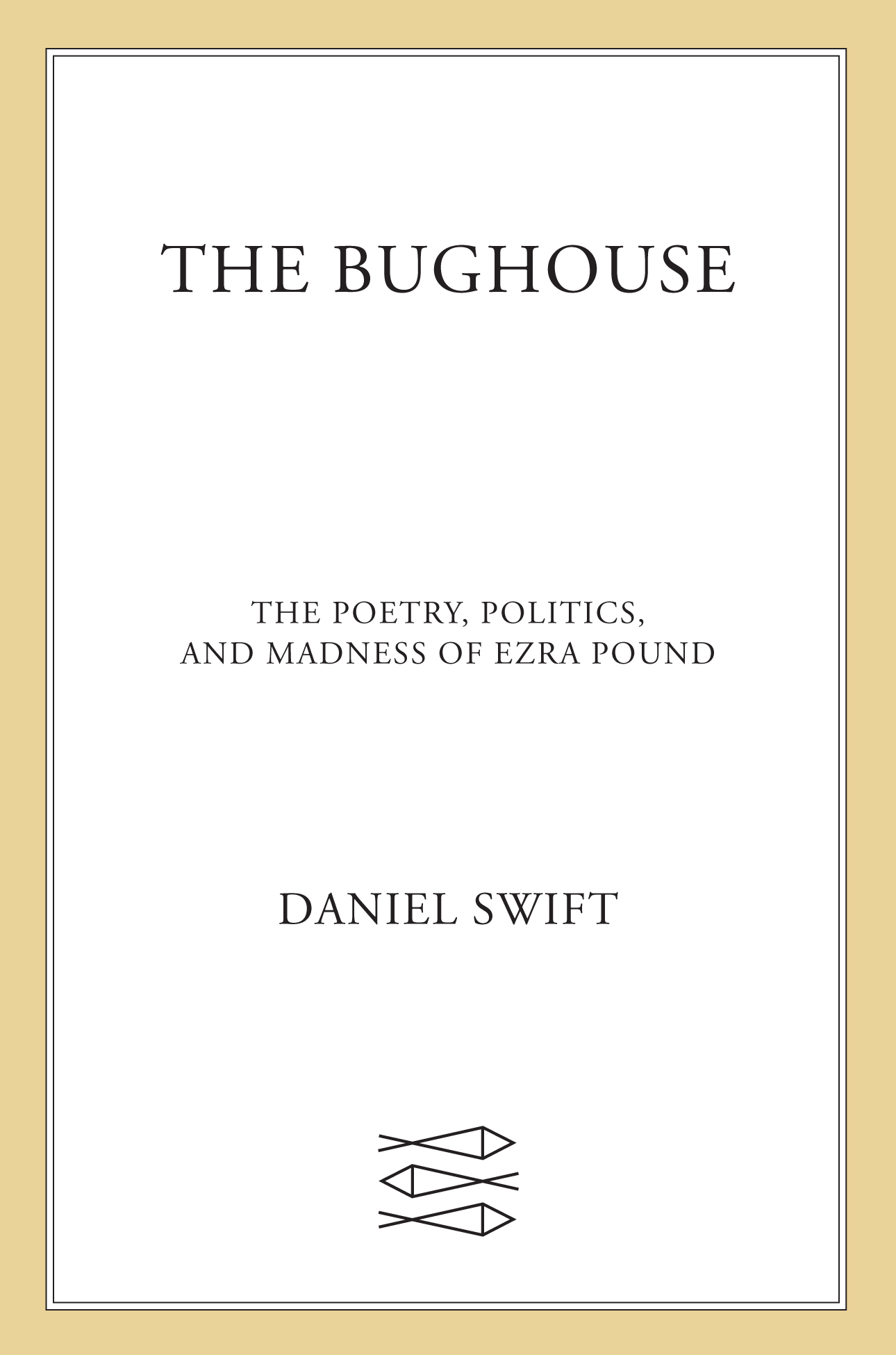Contents
Guide
Pagebreaks of the print version

The author and publisher have provided this e-book to you for your personal use only. You may not make this e-book publicly available in any way. Copyright infringement is against the law. If you believe the copy of this e-book you are reading infringes on the authors copyright, please notify the publisher at: us.macmillanusa.com/piracy.
For Jessie
Oh, do not ask, What is it?
Let us go and make our visit.
T. S. Eliot,
The Love Song of J. Alfred Prufrock
The Roman road runs north past Livorno, past fields of sunflowers dazed by the sun and mountains in the haze. This is the old Via Aurelia. Above it snakes a new motorway on stilts. Just after Pisa, the old road meets a sullen river and a forgotten train station. METATO , says the rusting sign, and here is the field that was the prison: bound to the north by river and to the west by road, while all around to the south and east are low hills.
Across the landscape there are lines: of cypresses, lines where the plough passed, lines from a tractor. There are lines of umbrella pines each one like a Y, while in the hills are marble mines, red squares boxed from brown hillside. The field that was the prison is now a nursery garden. At the north end is the Fiorista Gloria, and here are greenhouses filled with ferns for the stiff bouquets Italians give at funerals. At the south end is Ristorante La Rota, and behind the restaurant are nine more pale greenhouses. Some are empty and in some are tomatoes in rows, zucchini on the ground, white butterflies, blue beehives. The soil is rocks in the heat.
The woman at the fern garden tells me to go and see the old men at Circolo Acli, where they take their coffee each afternoon at two. The caf is at the end of a road, with white gravel and brown plastic furniture, and they sit in the shade smoking slowly, not much talk. I ask, but they do not know about the field at Metato, for this is Vecchiano and Metato is a mile away. Then they remember Signor Bertelli. He lives in a green house by the old train station, overlooking the field and the river, and as I walk up he is sitting on his terrace. When I say I am writing a book about a story that began here seventy years ago, he tells me he is a writer too. He holds out a handful of pages. He has been writing a poem about his ninety-seventh birthday, last week.
Signor Bertelli remembers the camp on the other side of the river. It was all tents, he says, and first it was for Italian airmen, and when the Americans came they built a fence two metres high. Nobody local went inside. He laughs when I say there was a famous American poet in there. At the end of the war Signor Bertelli worked for the Americans. They sent him to Naples to direct the traffic, and he remembers the terrible traffic and how everybody thought he spoke English because he wore an American uniform, but he never understood a word.
* * *
Ezra Pound was the most difficult man of the twentieth century. He was an ardent fascist who wrote Never consider anything as dogma and a rambling anti-Semite who believed that Fundamental accuracy of statement is the ONE sole morality of writing. He was the densely allusive high modernist who wrote some of the tenderest poetry of his time and a boy from suburban Philadelphia who lived most of his life in Europe: London, Paris, Italy. His great work, which he wrote for fifty years, is the unfinished, 800-page Cantos . This is a poem of legendary complexity, as hard and rich as any art produced in that century, but Pounds difficulty lies not only in the challenge of how to read his poetry, but also how to reconcile it with his lifes contradictions. He loved the American Constitution and spent the Second World War broadcasting anti-American propaganda from Mussolinis Italy; he was a racist who held that the summit of human truth was to be found in African myth, Chinese philosophy and Japanese plays. He is difficult because he is a man who may accurately be described by the most cartoonish names: fascist, madman, genius, traitor. He was the best and the worst, and just as his strengths seem to cancel his failings, so too do those failings falsify the strengths.
You cannot write the history of twentieth-century literature without giving Pound a starring role in the story, but you can call him the hero or the villain; both parts are his. Writing in Poetry magazine in 1916, the celebrated American poet Carl Sandburg claimed: All talk on modern poetry, by people who know, ends with dragging in Ezra Pound somewhere. He may be named only to be cursed as wanton and mocker, poseur, trifler and vagrant. Or he may be classed as filling a niche today like that of Keats in a preceding epoch. The point is, he will be mentioned. In 1916 Pound was thirty years old and already the contradiction is set. For those who care about poetry, Pound is either the sign of all that is wrong or the best thing going, but he cannot be ignored.
Sandburg continues: One must know how to spell his name, and have heard rumors of where he hangs his hat when he eats, and one must have at least passing acquaintance with his solemn denunciados and his blurted quiddities, in order to debate on modern poetry, and in such debate zigzag a course of progress. It is not enough to read his poems alone, for it is in his life that he becomes an emblem of what a poet is and should be. Sandburg mentions Keats, for Keats is the kind of poet who is easy to love: a boy of extravagant talent who lived a poets life and usefully died young. He knew his niche and filled it beautifully. But Pound is not Keats; his place is not so certain; where he hangs his hat one day may not be the same tomorrow; and this is not all. Pounds contradictions remain with us. They are the uncertainties of our time, and if we wish, in Sandburgs phrase, to zigzag a course of progress, we must consider Pound and his place in our world.
A mile from where I work in central London is the National Portrait Gallery: an ornate Victorian temple which houses the faces of Britains history. On the second floor is the Statesmens Gallery. It is an avenue of important men and a couple of women of the nineteenth century, and the statesmen have monocles, watch fobs and splendid names such as Lord George Cavendish Bentinck. The portraits have black backgrounds and the only person in this gallery not wearing a black suit is the cricketer W. G. Grace and he is the most stately of the lot, a mountain of a man in cricket whites and wide, square beard. Here, decorum matters.
To the side of the gallery is Room 24, where the writers are, and they too wear black. Elizabeth Barrett Browning and Robert Browning are looking at one another, muted, ready for a funeral. Dickens is in very dark green trousers and frock coat; a tiepin holds a spray of black cravat. The Reverend Charles Kingsley, author of The Water Babies , looks like your headmasters headmaster. Thomas Hardy wears a black suit and a white shirt. This was an age which considered writers lesser statesmen, and they dress the part.
Continue a little further now, to the end of the gallery, and left, and as you turn you leap into a new century. The portraits shrink and here at last is colour, and here at last the writers look alive. In the painting by Dora Carrington, Lytton Strachey is lying reading. He wears a fuzzy dressing gown with a red paisley blanket on top and he holds a book tenderly with long amazing hands. Dylan Thomas, painted by Augustus John, is wearing what looks like a woolly jumper made from a leopards fur, and Laurie Lee is in a rich brown suit and blue shirt.



